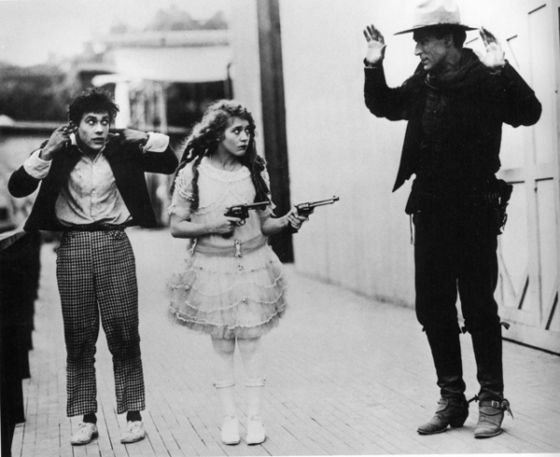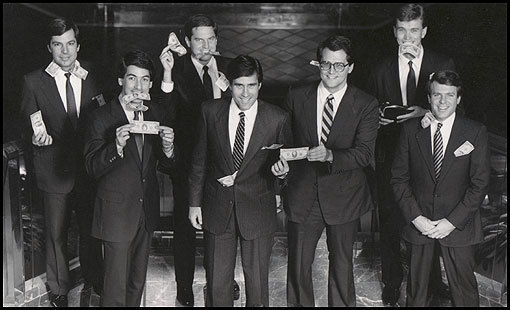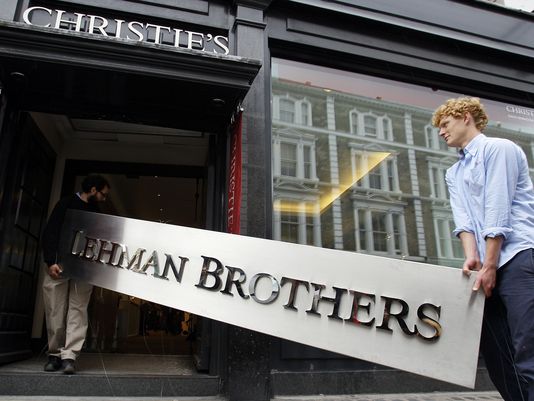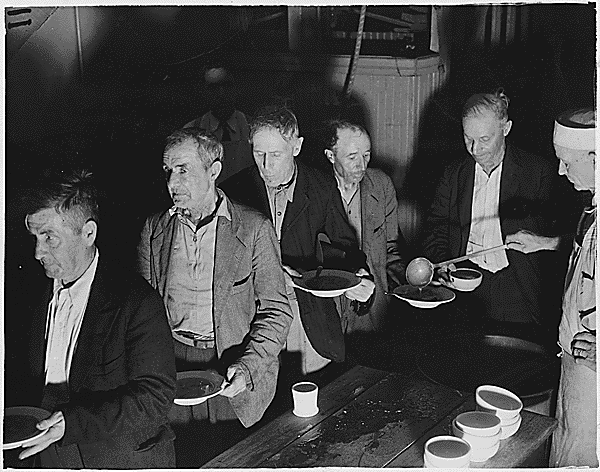I’ve blogged about this before, but the Charles Murray system of Universal Basic Income, which is similar to the schemes of a number of Libertarian wonks and Silicon Valley stalwarts, would devastate people already barely getting by. Many senior citizens would actually lose part of their Social Security payments, even a good portion of those receiving relatively paltry amounts. It’s just another scheme to eliminate safety nets while making those doing to dismantling seem beneficent. To Murray and his ilk, the disappearance of the so-called welfare state won’t harm anyone because Americans on solid ground, of whom there are fewer in the Digital Age, will magically rally around the poor. Do they actually believe this hokum or is there something darker within them?
From Dmytri Kleiner’s Further Field essay “Universal Basic Income Is a Neoliberal Plot To Make You Poorer,” a segment on Murray’s mindset:
Charles Murray, another prominent libertarian promoter of UBI, shares Friedman’s views. In an interview with PBS, he said: “America’s always been very good at providing help to people in need. It hasn’t been perfect, but they’ve been very good at it. Those relationships have been undercut in recent years by a welfare state that has, in my view, denuded the civic culture.” Like Friedman, Murray blames the welfare state for the loss of apparently effective private charity.
Murray adds: “The first rule is that the basic guaranteed income has to replace everything else — it’s not an add-on. So there’s no more food stamps; there’s no more Medicaid; you just go down the whole list. None of that’s left. The government gives money; other human needs are dealt with by other human beings in the neighborhood, in the community, in the organizations. I think that’s great.”
To the Cato Institute, the elimination of social programs is a part of the meaning of Universal Income. In an article about the Finish pilot project, the Institute defines UBI as “scrapping the existing welfare system and distributing the same cash benefit to every adult citizen without additional strings or eligibility criteria”. And in fact, the options being considered by Finland are constrained to limiting the amount of the basic income to the savings from the programs it would replace.•






